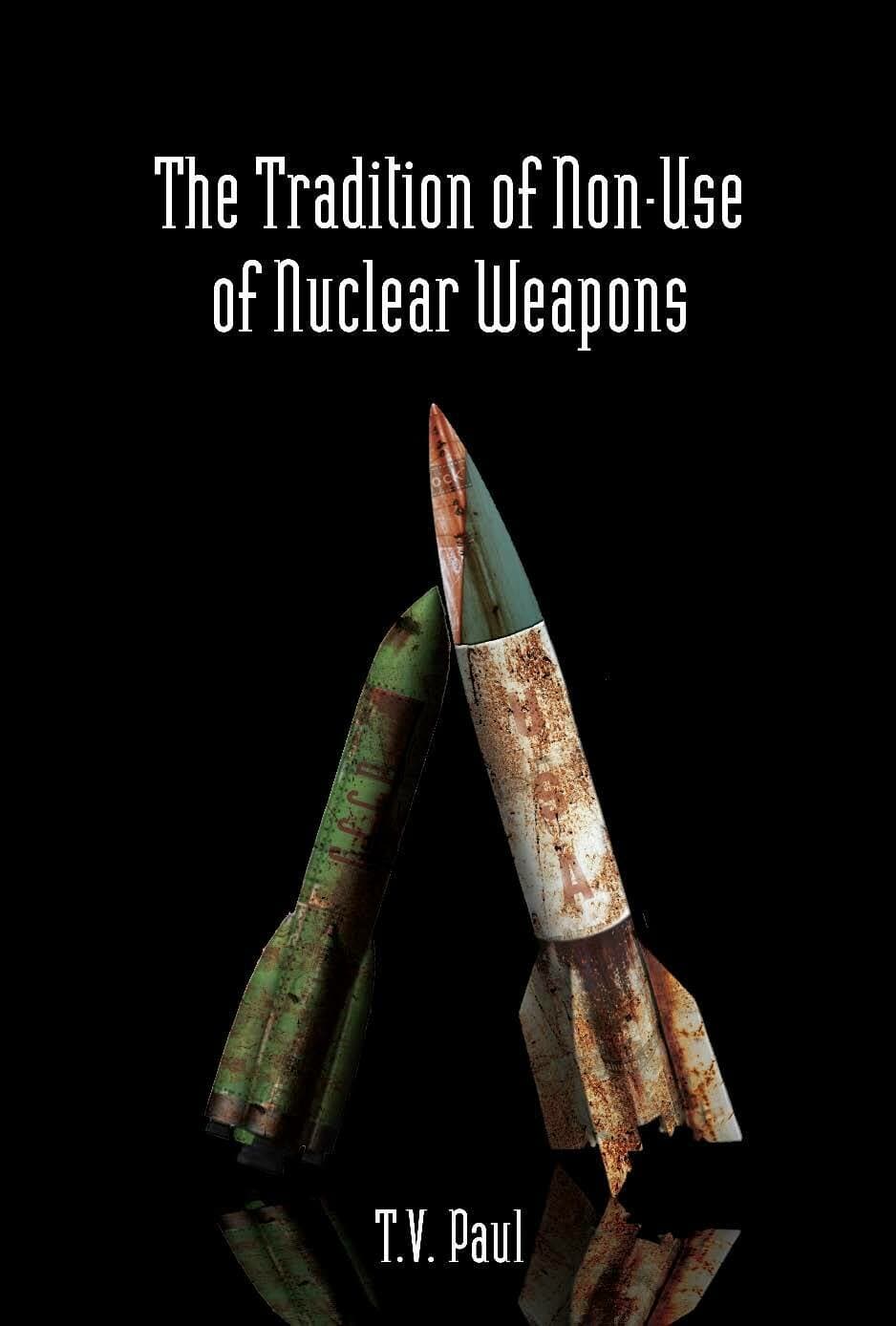The Nuclear Club

The Nuclear Club reveals how a coalition of powerful and developing states embraced global governance in hopes of a bright and peaceful tomorrow. While fears of nuclear war were ever-present, it was the perceived threat to their preeminence that drove Washington, Moscow, and London to throw their weight behind the 1963 Limited Test Ban Treaty (LTBT) banishing nuclear testing underground, the 1967 Treaty of Tlatelolco banning atomic armaments from Latin America, and the 1968 Nuclear Non-Proliferation Treaty (NPT) forbidding more countries from joining the most exclusive club on Earth.
International society, the Cold War, and the imperial U.S. presidency were reformed from 1945 to 1970, when a global nuclear order was inaugurated, averting conflict in the industrial North and yielding what George Orwell styled a "peace that is no peace" everywhere else. Today the nuclear order legitimizes foreign intervention worldwide, empowering the nuclear club and, above all, the United States, to push sanctions and even preventive war against atomic outlaws, all in humanity's name.
"In this ambitious and deeply researched study, Jonathan Hunt presents a sweeping international history of the rise and establishment of the nuclear non-proliferation regime after 1945. Packed with insightful analysis and telling detail, The Nuclear Club fills an important gap in our knowledge of the nuclear age."—Matthew Jones, London School of Economics and Political Science
"The Nuclear Club is eye-opening. Jonathan Hunt excavates the history of nuclear nonproliferation to reveal the central paradoxes at the heart of international relations. Deeply researched and thoroughly engaging, this book is a must-read for anyone concerned with the past, present, and future of world order."—Andrew Preston, author of American Foreign Relations: A Very Short Introduction
"Jonathan Hunt's The Nuclear Club is a major achievement. It both traces the many failed efforts to halt the spread of nuclear weapons in the early 1960s and lifts the curtain in front of the international negotiations that finally led to the landmark Nuclear Nonproliferation Treaty in 1968."—Scott D. Sagan, Stanford University
"Detailing the creation of the NPT, Hunt's narrative interweaves three sets of simultaneous negotiations: the internal haggling within the Western bloc led by the US, the Cold War diplomacy between the West and the Soviet-led East, and the bargaining between industrialized powers of the North and the developing states of the Global South.... Recommended."—C. W. Sherrill, CHOICE
"In The Nuclear Club, Jonathan Hunt has produced an excellent book describing the origins of the Nuclear Nonproliferation Treaty (NPT) from 1958 to 1970. Hunt's detailed analysis effectively threads the needle between traditional and revisionist accounts of the treaty's origins, showing step by step how the treaty emerged from the tangled bargains of the nuclear-armed superpowers; their close allies, especially in Europe; and the broader decolonizing and developing world of Africa, Asia, and Latin America."—John D. Maurer, California History
"Jonathan R. Hunt's The Nuclear Club: How America and the World Policed the Atom from Hiroshima to Vietnam provides a sweeping world history of early efforts to control nuclear arms. Anyone interested in studying this historical period, or the nuclear age more specifically, should find much to like in Hunt's detailed archival analysis."—Rebecca Davis Gibbons, Political Science Quarterly
"To capture the long gestation of a document of such complexity and nuance, Hunt pursues a lively historical narrative that jumps between Washington, DC. and Moscow, New York and Geneva, and almost every other major world city.... The result is a rich and readable study that transcends mere history to suggest, tacitly but urgently, questions for today's equally fraught world situation."—Richard A. Ruth, Society for U.S. Intellectual History




